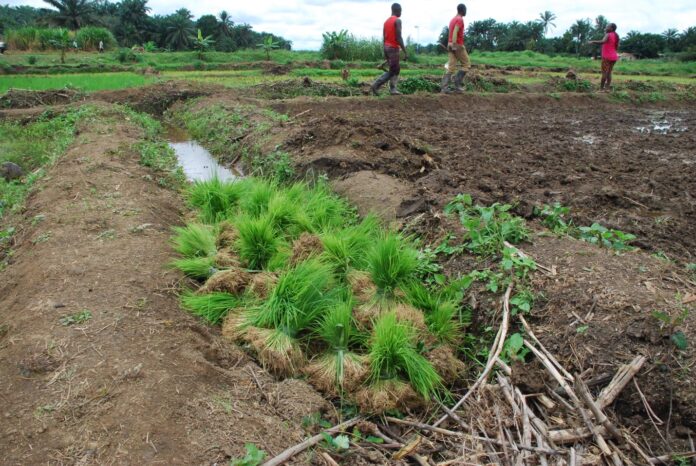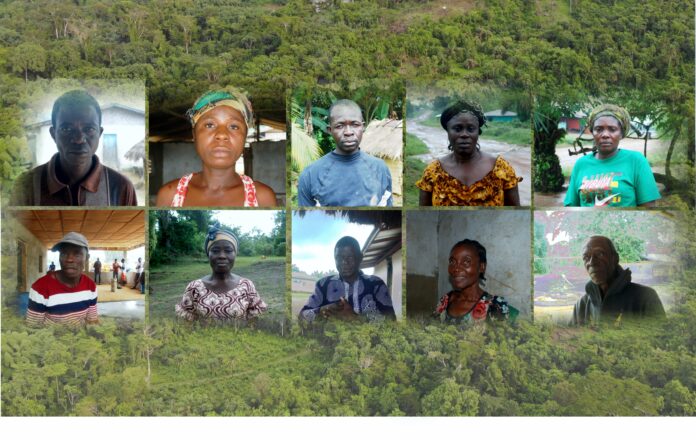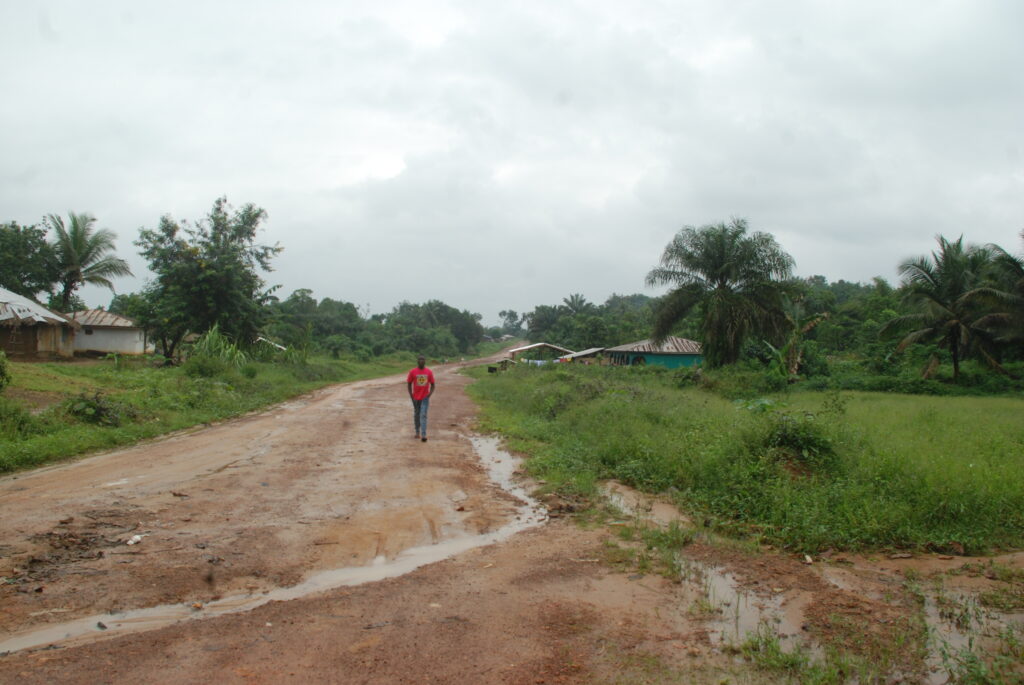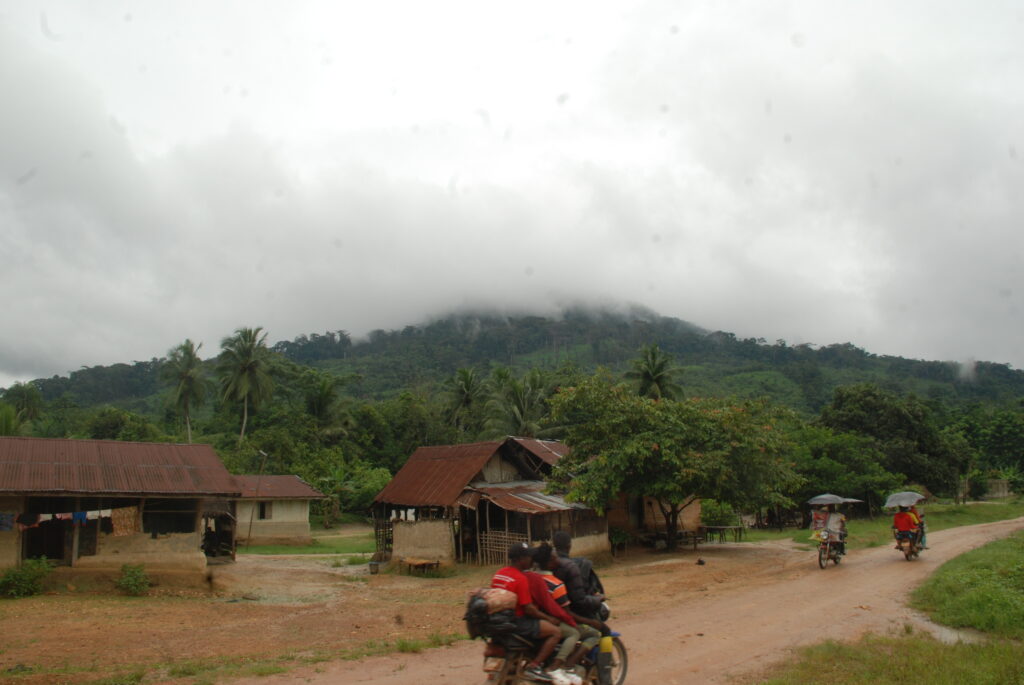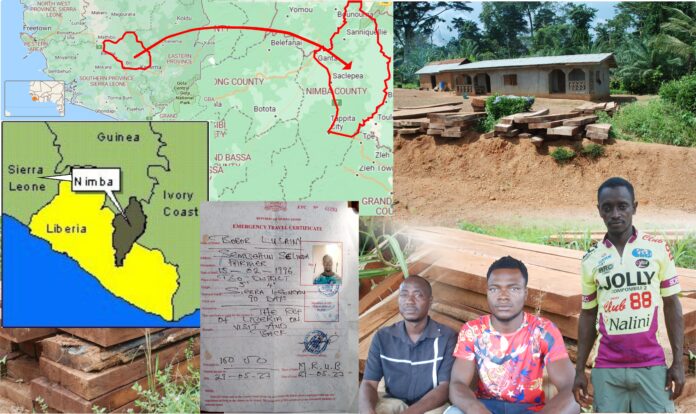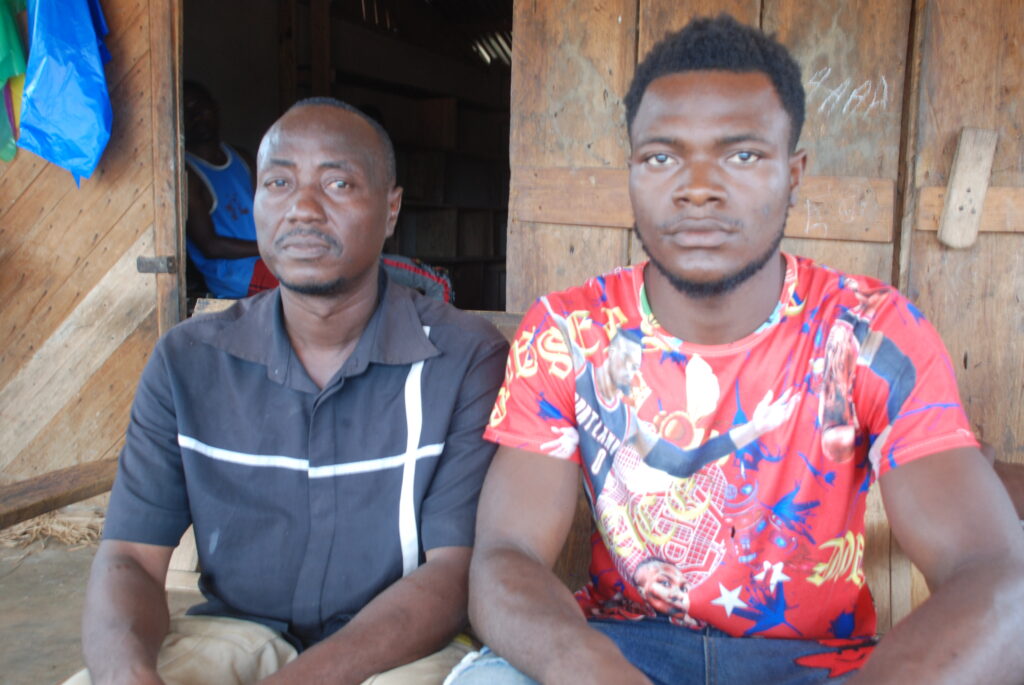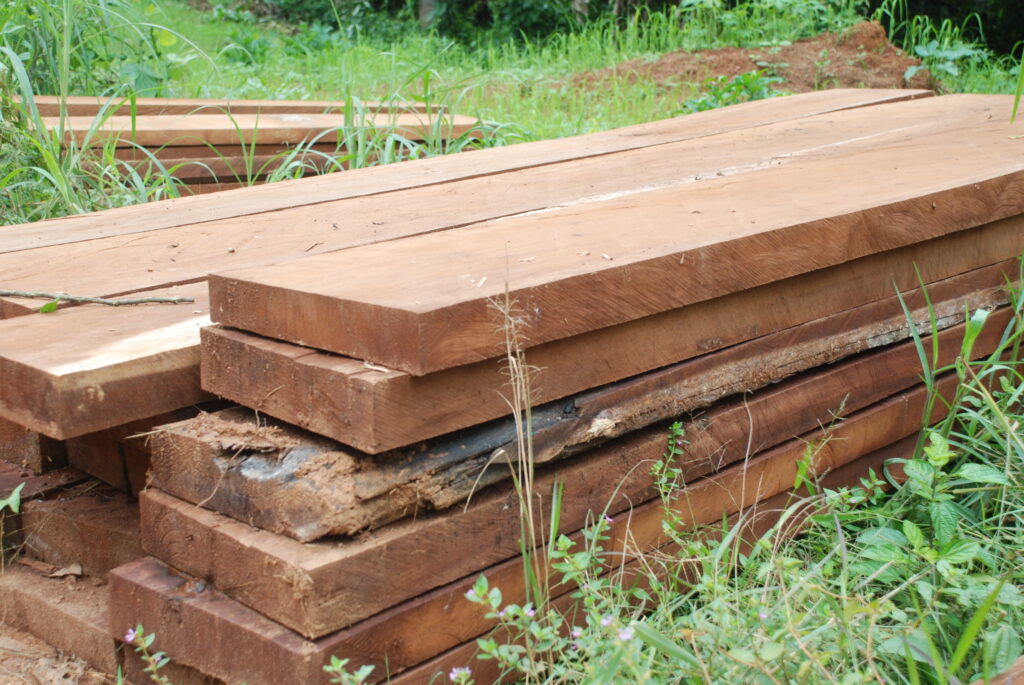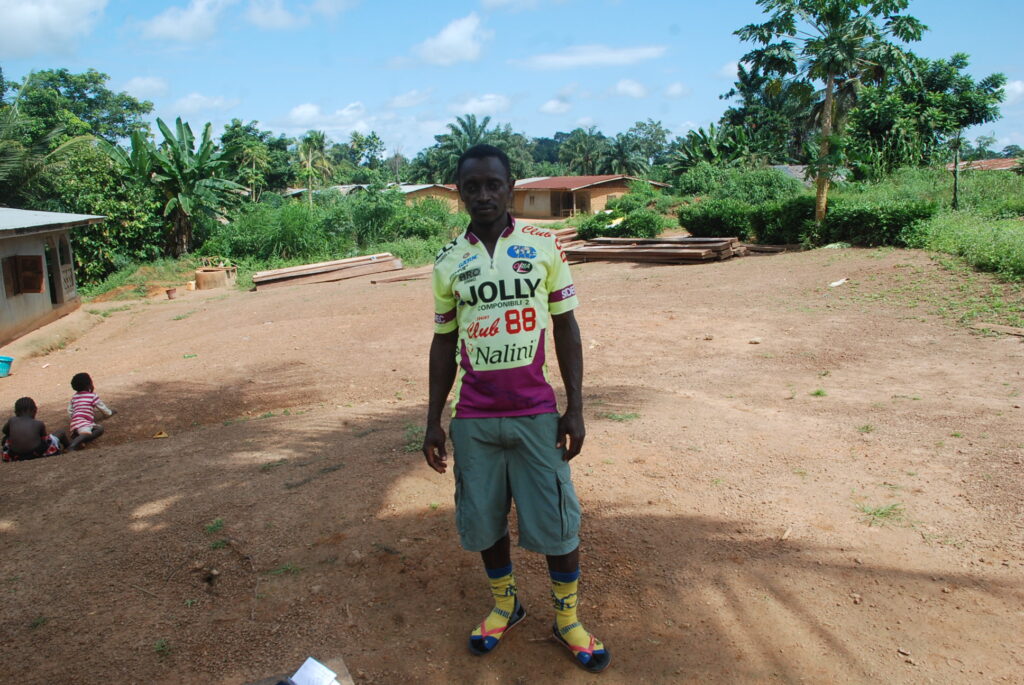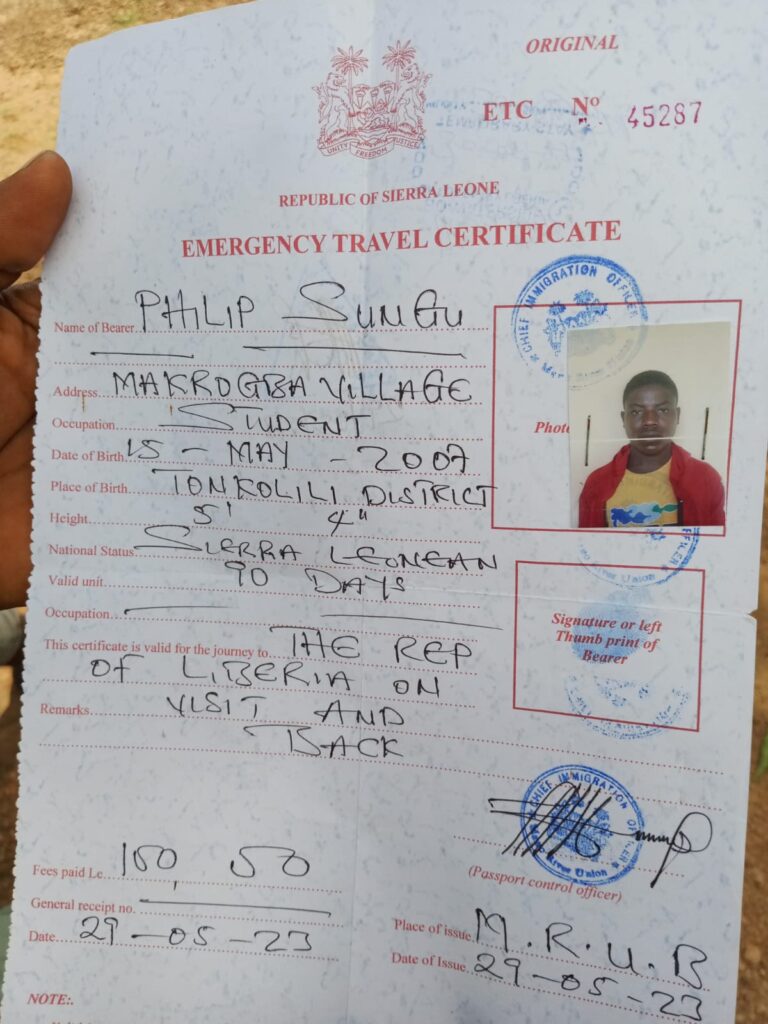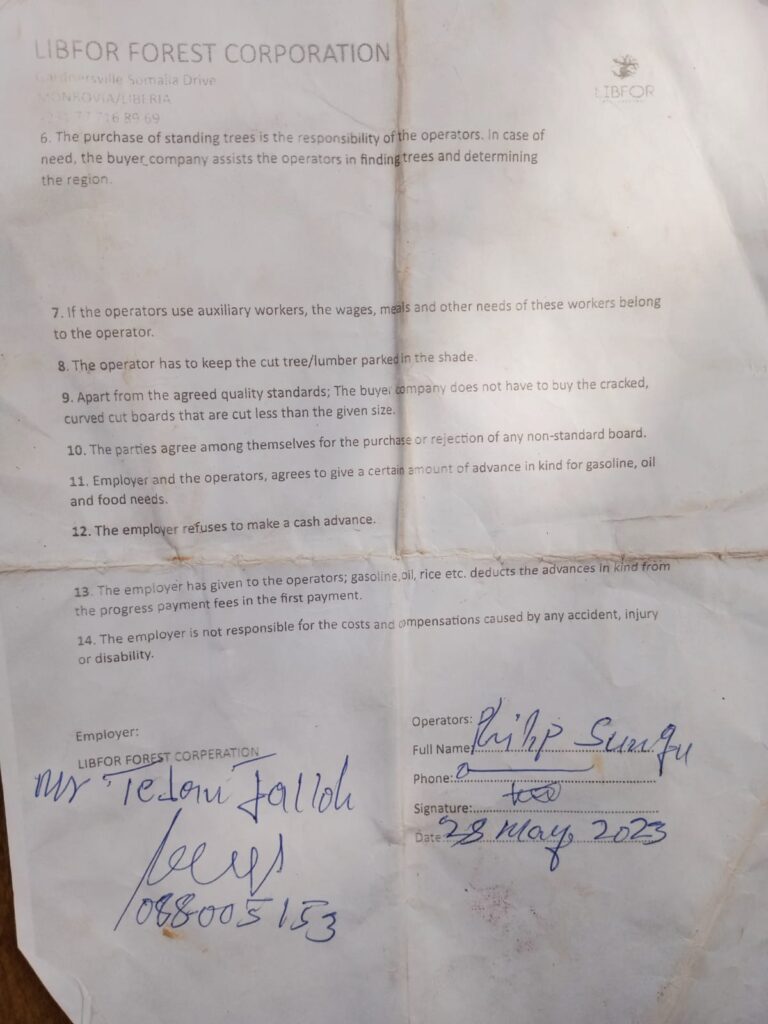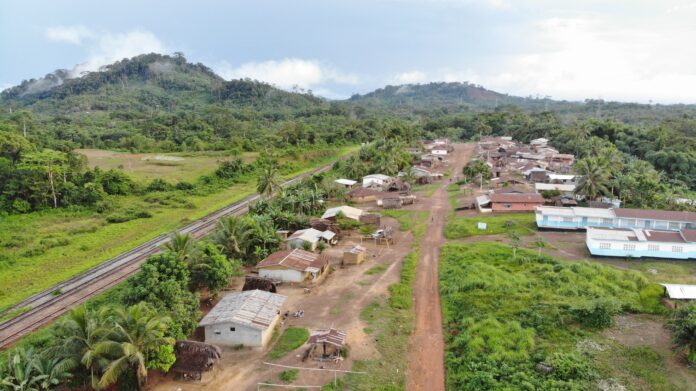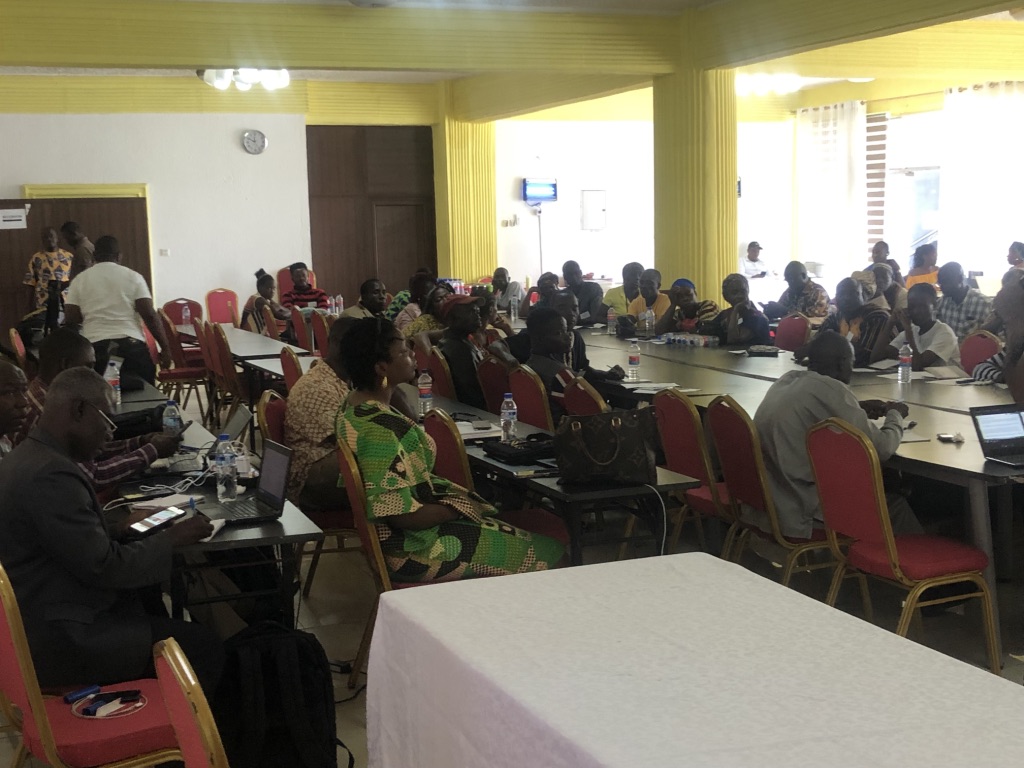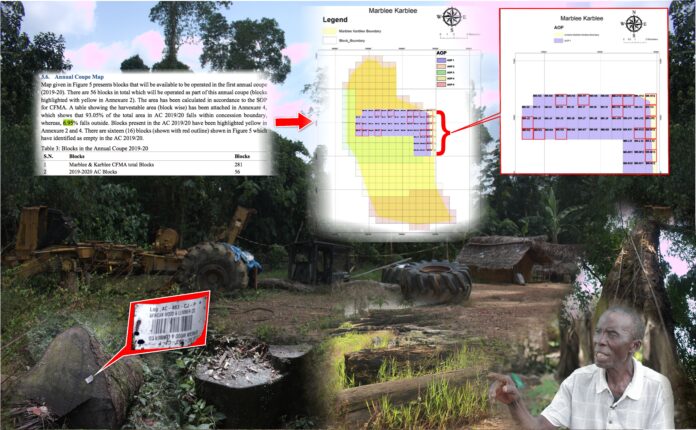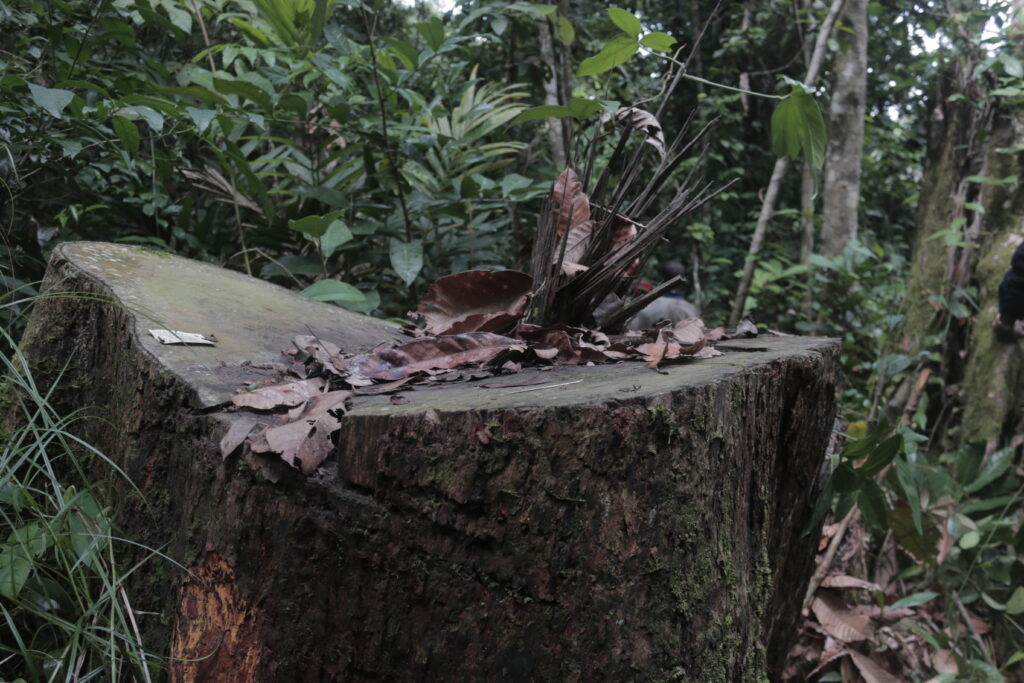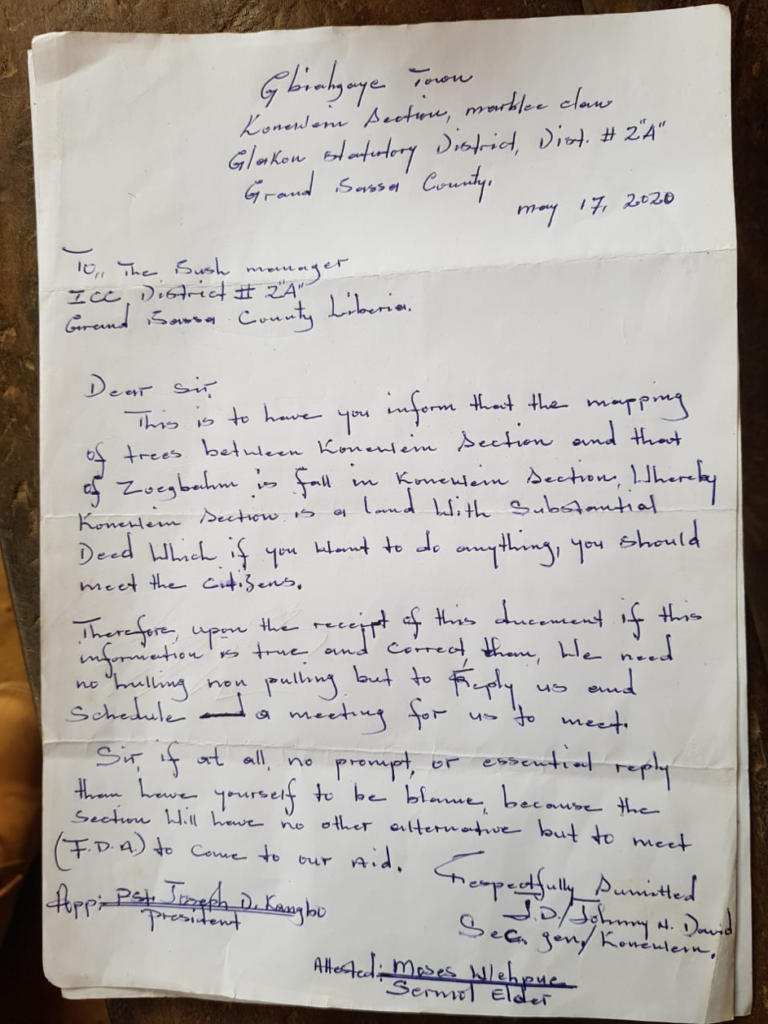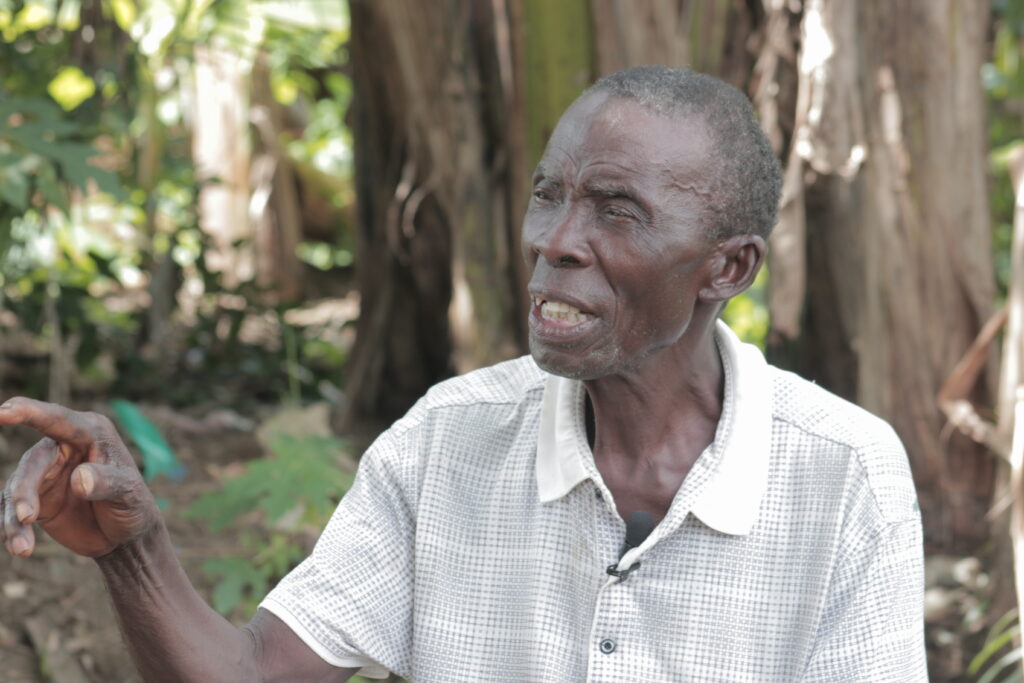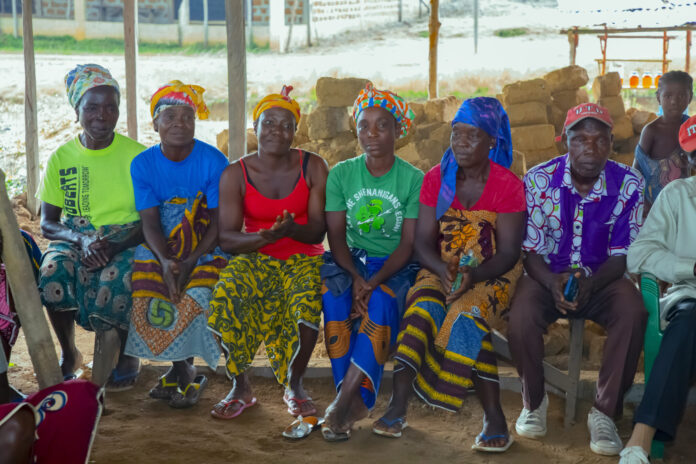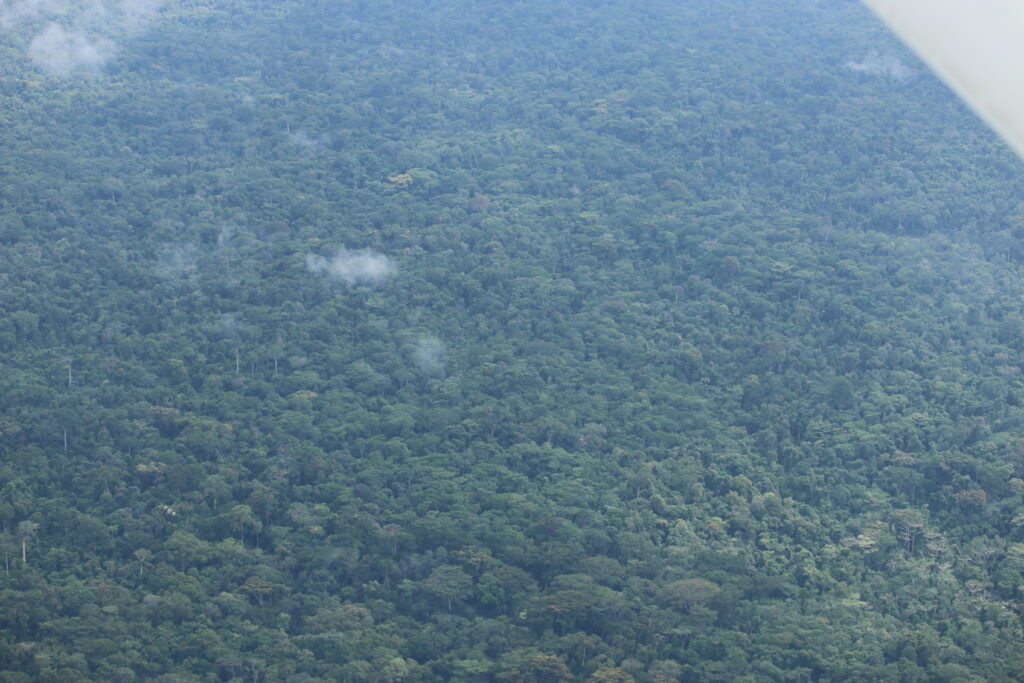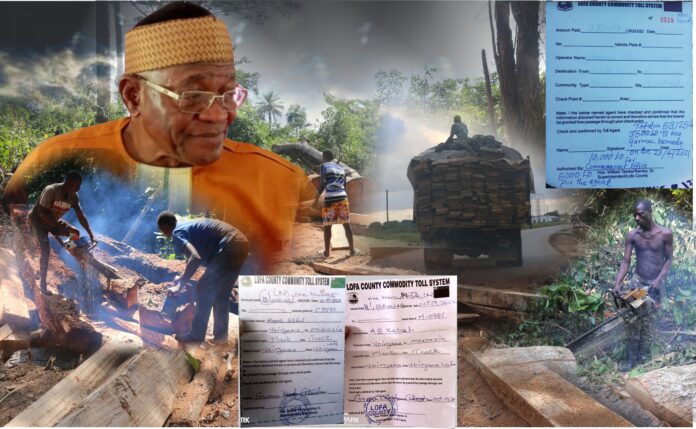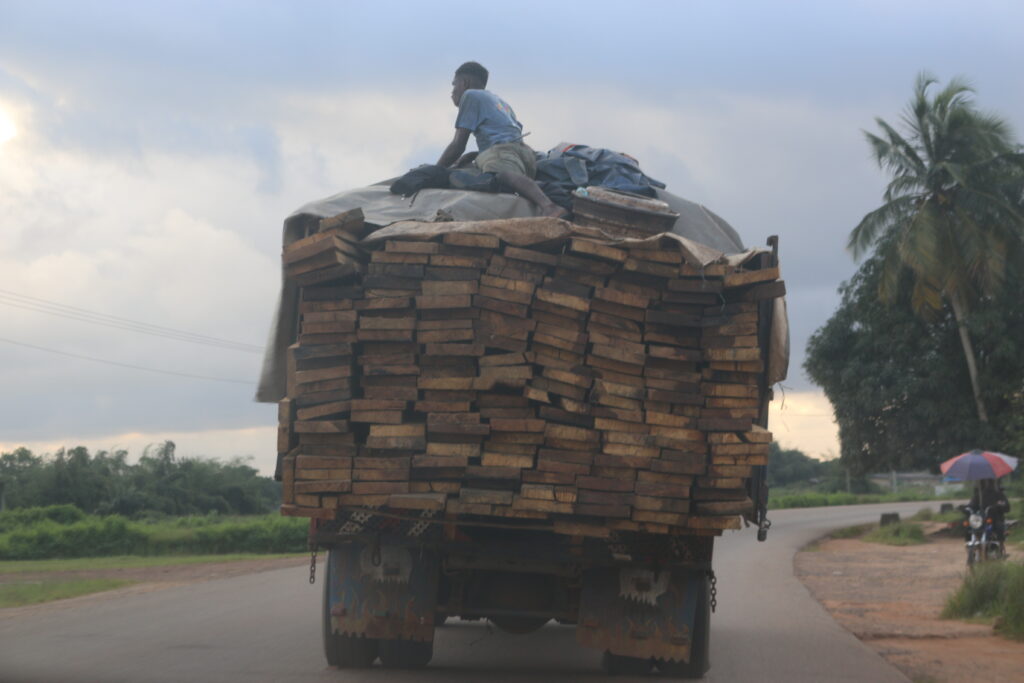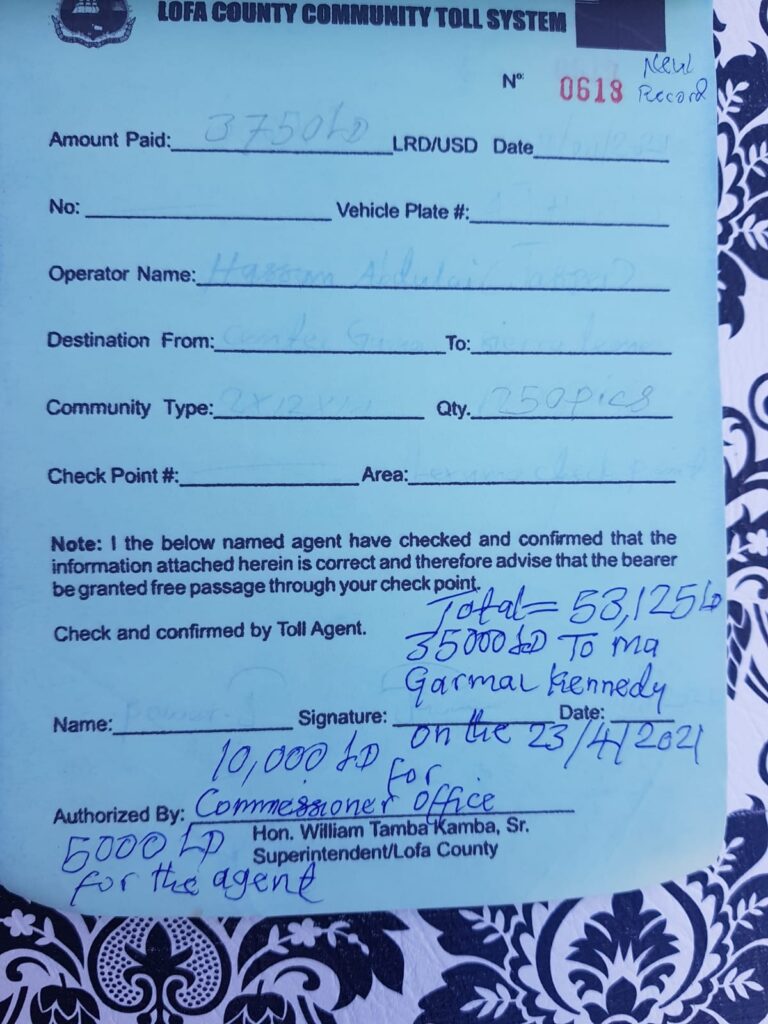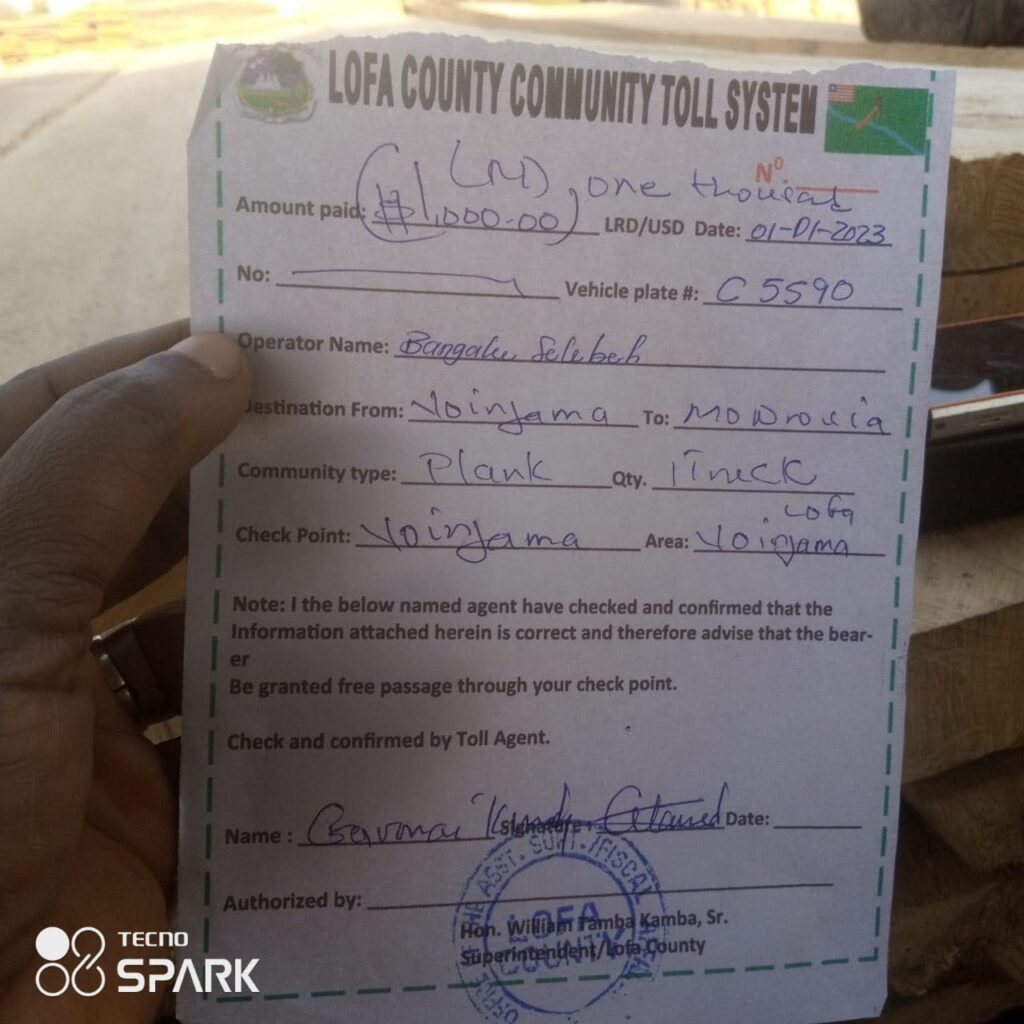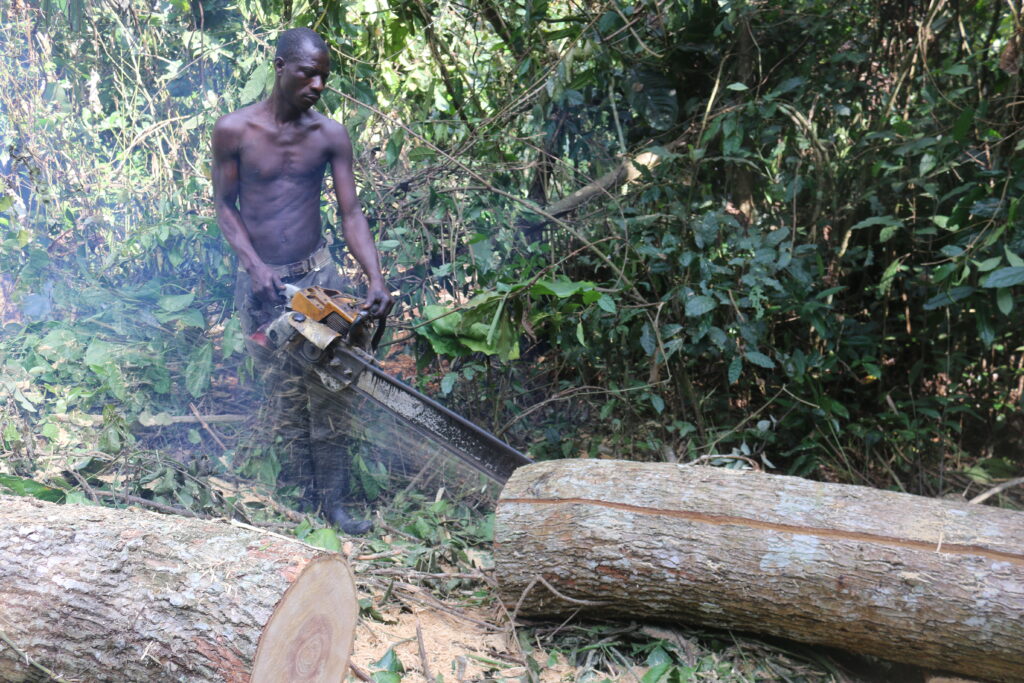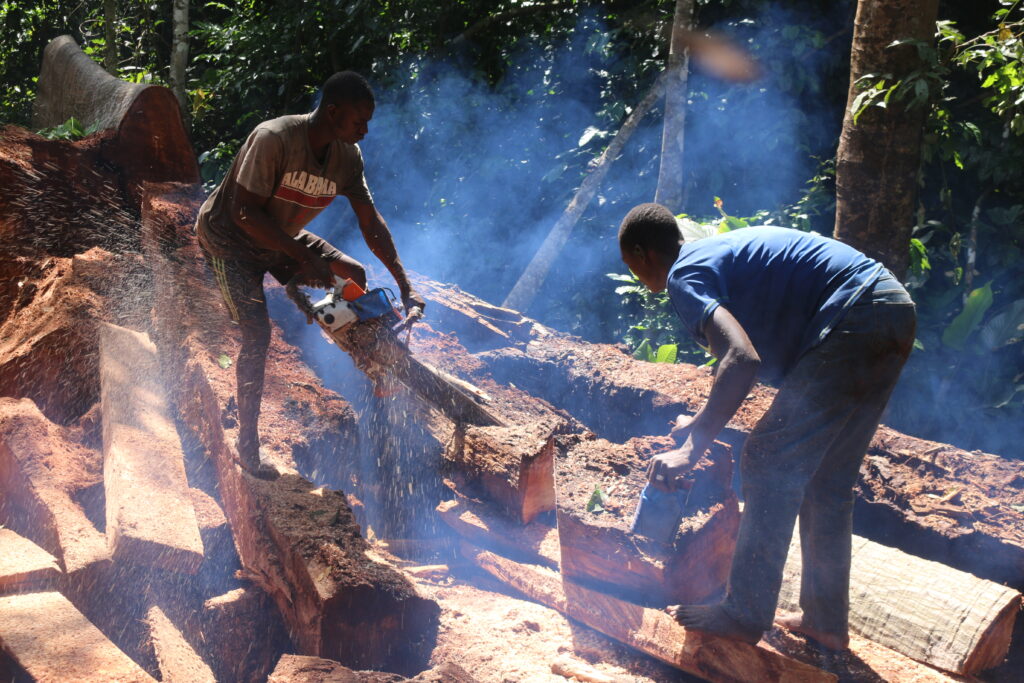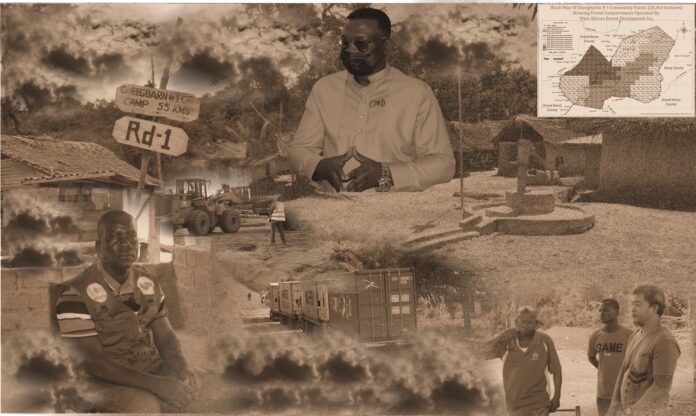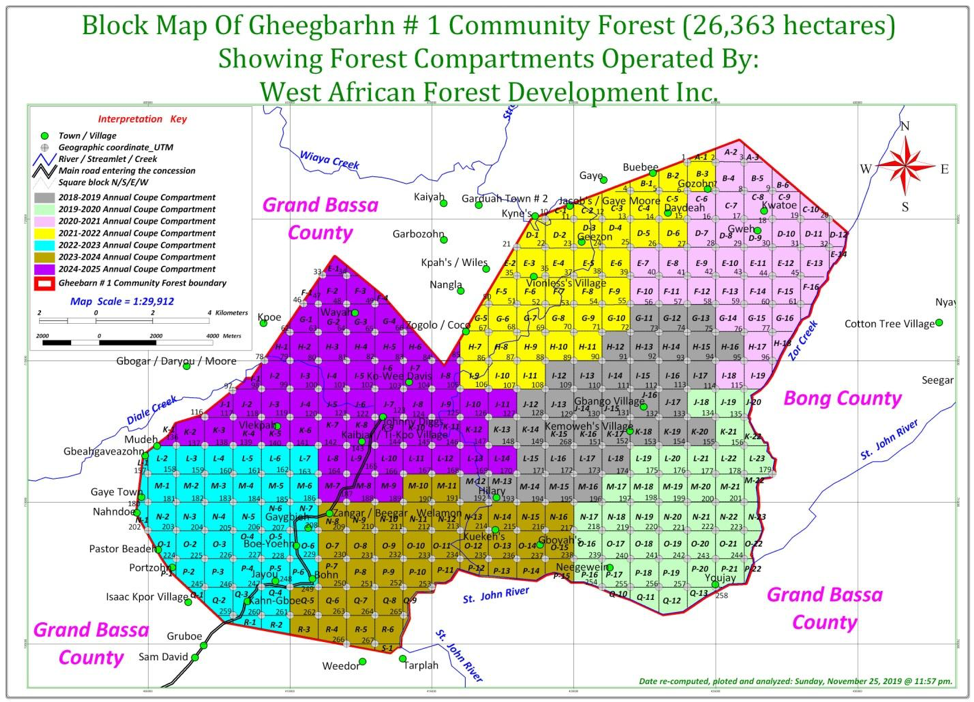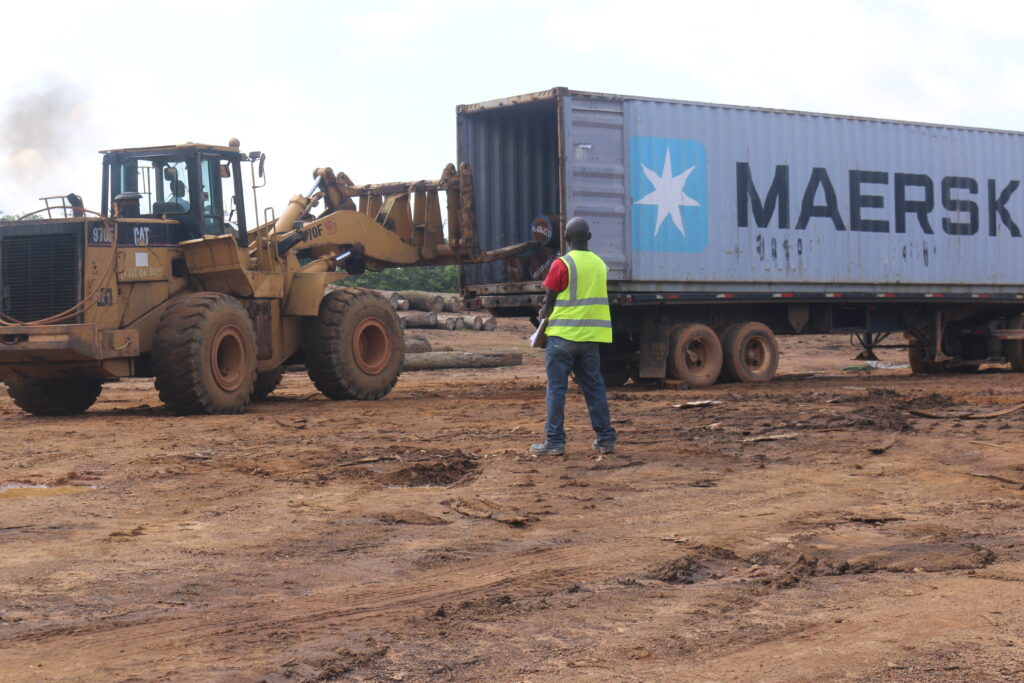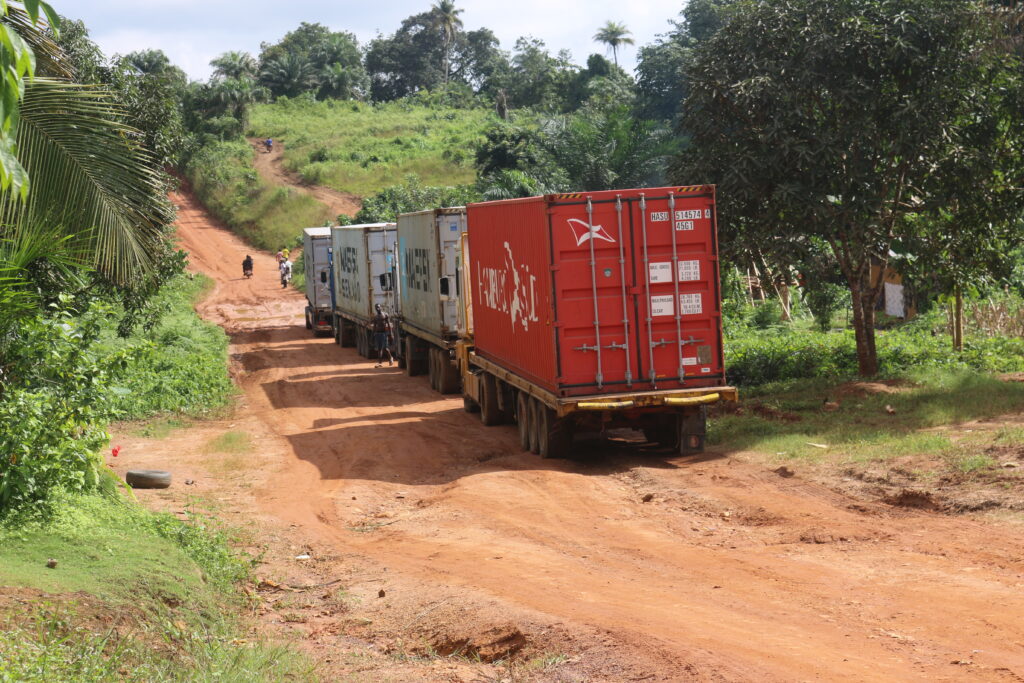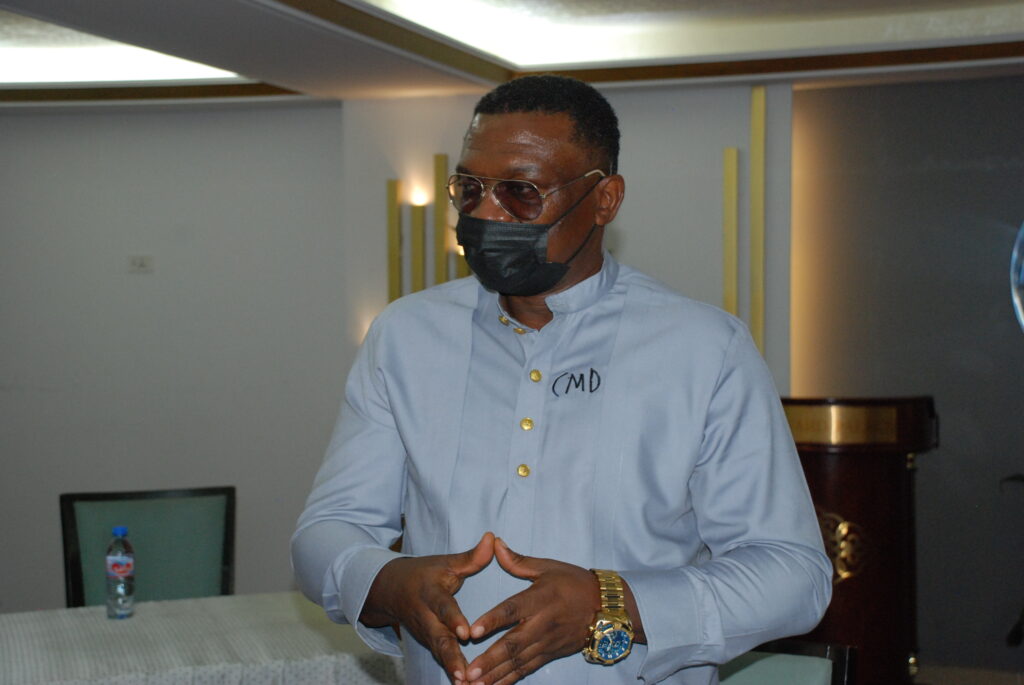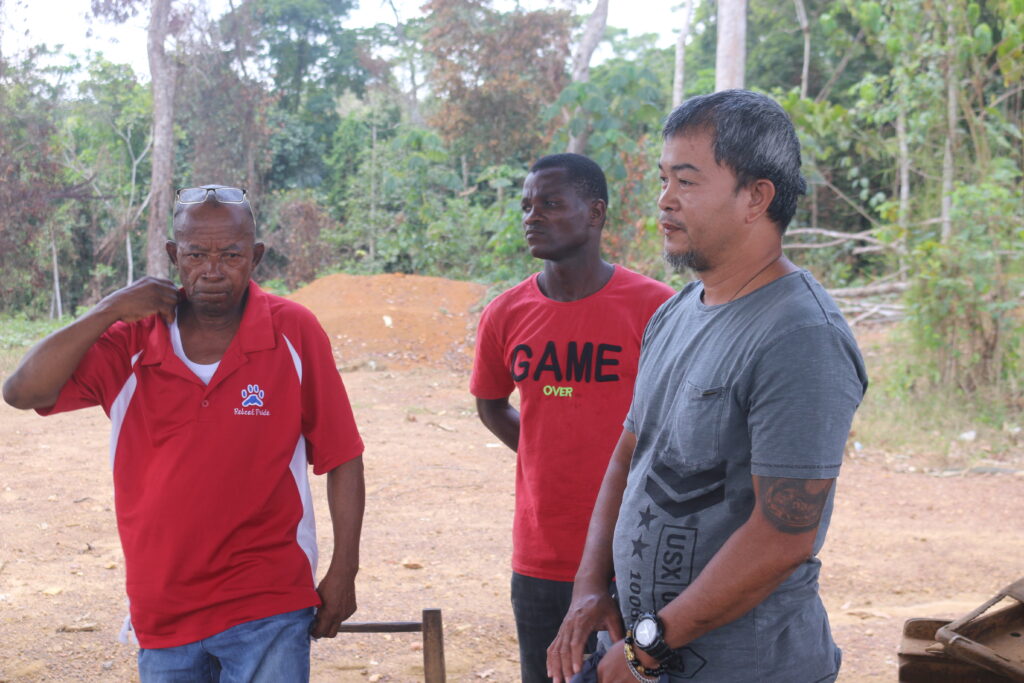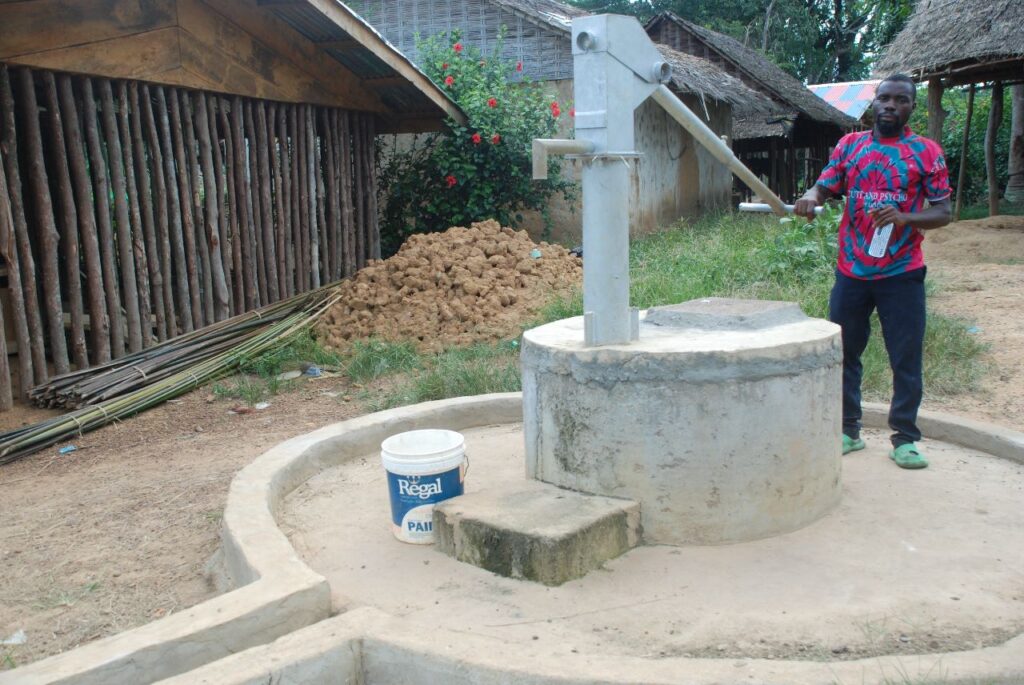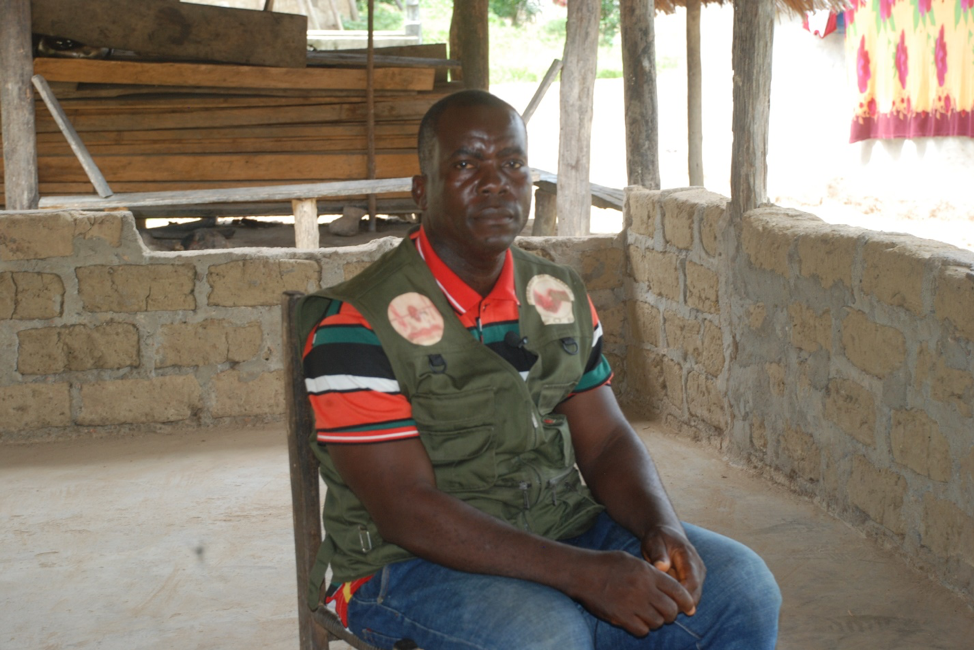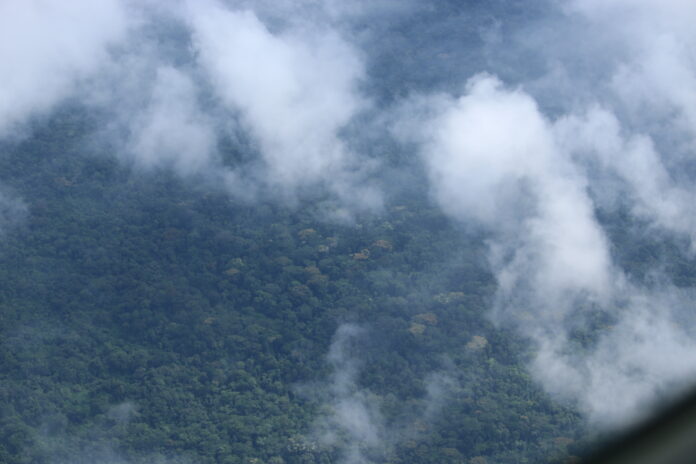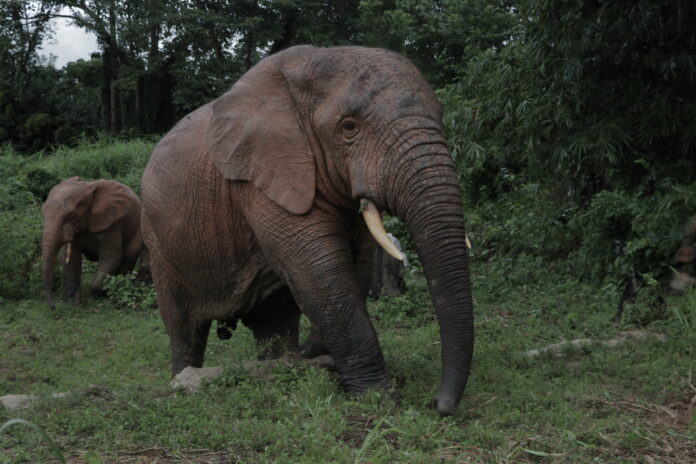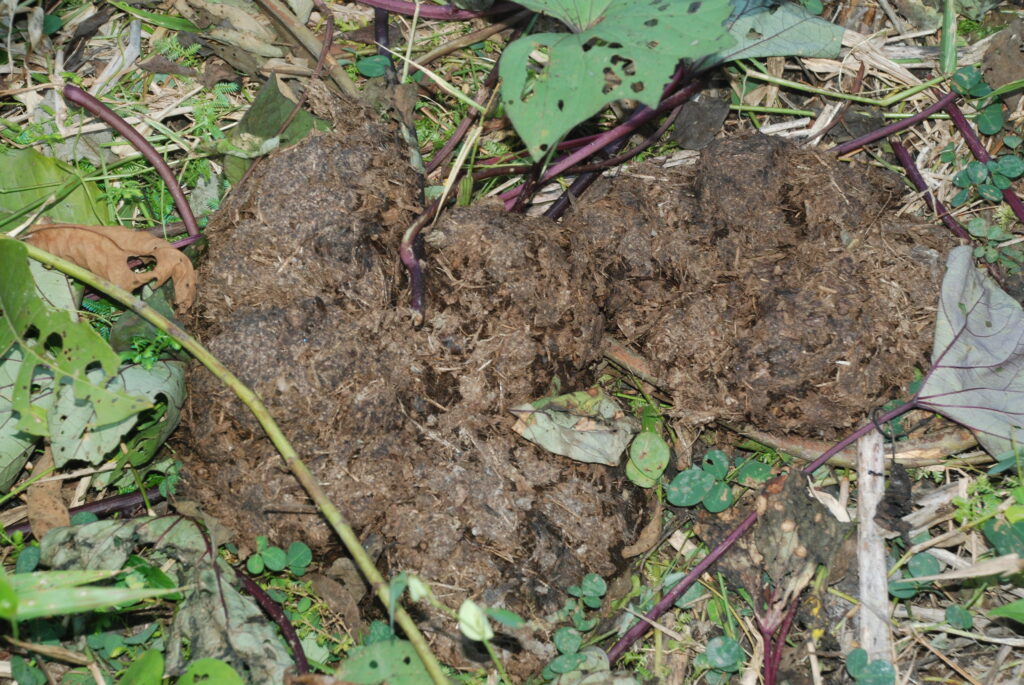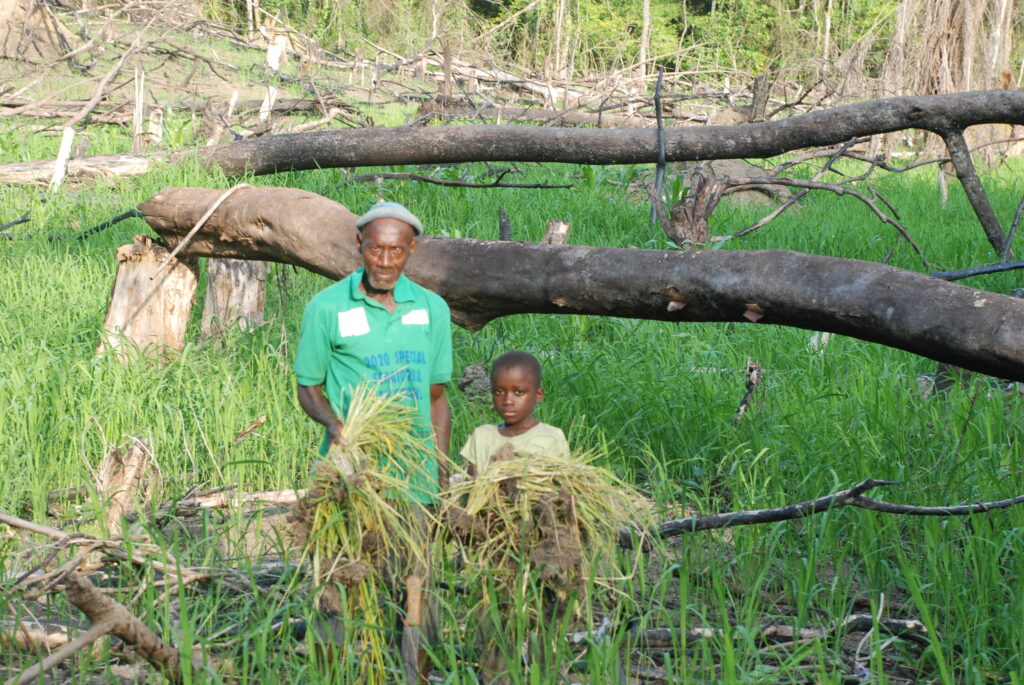Top: A swamp rice project in Foya, Lofa County. The DayLight/James Harding Giahyue
By Ambulah Mamey, Matthew Nyanplu, and Thomas B. Kanneh
The World Bank’s latest report that says the Liberian economy grew in 2022 by 4.8% is inaccurate. In the report, titled: “Getting Rice Right for Productivity and Poverty Alleviation”, the World Bank relied, in part, on the Food and Agriculture Organization (FAO)’s forecast of projected increase, NOT actual increase, in rice and cassava production as the most contributing factor to Liberia’s real Gross Domestic Product (GDP) growth in 2022. This reliance, as we indicated to the World Bank’s report team, makes the 4.8% GDP growth figure concerning. GDP measures an economy’s actual output in a given period. For 2022 (a year that has already ended), the calculation of Liberia’s real GDP growth is to be based on the realized output of 2022; not forecast for 2022.
The agriculture sector, according to the report, contributed the most (2.3 percentage points) to the 4.8 percent growth. The report furthered that the 2.3 percentage point contribution of agriculture was a result of a 5.9 percent growth in the agriculture sector which was made possible by a 13 percent increase in rice (paddy) production (or 32,000 more tons of rice) and 15 percent increase in cassava production (or 54,992 more tons of cassava).
Our review of the FAO’s data bank found no evidence that rice and cassava production, respectively, increased in Liberia. Official agriculture data on Liberia are normally released by the FAO, but the institution does not have 2022 output data for rice and cassava produced in Liberia. There is however a FAO forecast which was optimistic that cassava production would increase by 54,992 tons or 15 percent above the five‑year average and rice production would increase by 32, 000 tons or 13 percent in 2022, compared to 2021. The World Bank’s reliance on forecast, not output data for cassava and rice, to announce 5.9 percent agriculture growth and 2.3 percentage point contribution of agriculture to Liberia’s real GDP renders the reported 4.8 percent real GDP inaccurate. Accurate growth figures for Liberia can be computed when output data are available.
When the authors of this opinion piece drew the World Bank’s attention to the FAO estimates not being actual production numbers, the World Bank did not have realized production data to support the growth figures reported for the agriculture sector but promised to update their macro framework when new data become available. Like any other country, Liberia’s real GDP growth should not be based on projections but realized output of each sector from the previous year.
Real economic growth figures are not mere numbers on paper. They provide the blueprint for strategic planning, policy formulation, investment decisions, and more expansive development undertakings that can jumpstart national progress. But they do so only if they are informed by credible data and rigorous analysis. When they lack rigor and have significant data limitations, they can present misleading pictures, lead to erroneous prioritization, misguide national priorities, and potentially undermine progress, and adversely impact livelihoods.
Liberia does face challenges in data acquisition and analysis. This “data poverty” makes it challenging to assess macroeconomic performance reliably. However, substituting forecasts for actual output data when calculating real GDP growth is problematic and not a tolerable option.
Another layer of concern is the report’s silence on the specific interventions and activities that led to the reported increase in rice and cassava production and agricultural growth in Liberia. Such information is crucial to validate and corroborate the growth figures presented. Given that the report is titled “Making Rice Right”, stating the interventions and activities that contributed to the growth in the agriculture sector would have provided valuable insights into what worked, what did not, and what lessons are there to be learned. By not including this information, the report weakened its narrative, raising more questions about the drivers of this agricultural “boom”.
The World Bank has acknowledged concerns about its report’s silence on interventions that might have led to the increase in rice and cassava production but named “several reforms including the adoption of an Act to Establish Seed Development and Certification Agency and the approval of a Seed Regulation in 2021″ as potential growth catalysts. While the Seed Development and Certification Agency (SDCA) laid the groundwork for the development of the seed sector, the SDCA is not yet operational and could not have contributed to growth in the agricultural sector in 2022.
Drawing from the African Union’s 2021 bi-annual review of Liberia’s agriculture sector, and considering the lack of any substantial intervention in the sector between 2021 and 2023, the growth of the agricultural sector painted by the World Bank is difficult to reconcile. Liberia fell short on 21 out of 24 progress indicators for agriculture transformation and has been classified as “not on track” to transforming its agriculture sector. Liberia scored a meager 2.4 out of 10 for access to essential inputs and technologies that improve yield, and 3.3 out of 10 for farm productivity.
In a nation like Liberia, where a substantial proportion of the population depends heavily on agriculture for their livelihood, data inaccuracies are not just a statistical misstep—they translate into real-world ramifications. Overestimated figures might engender complacency, while underestimations could induce undue alarm. For potential investors, eyeing Liberia’s agriculture sector, unreliable growth data do not instill confidence. A variance between actual numbers and estimates, when they eventually come to light, jeopardizes trust in any reports that paint a picture of the economy that is not based on the actual output of the economy.
The World Bank’s report on Liberia does more than just offer figures—it suggests a trajectory. But for Liberia to truly harness its potential, these trajectories need to be rooted in concrete realities, not just optimistic projections. Towards the future, we hope for assessments that are rigorous, more transparent, and reflective of the on-the-ground realities because in these numbers lie Liberia’s hope, direction, and potential. Liberia must invest in strengthening its capacity to collect and report data on a timely basis to support the meaningful work of the World Bank and others. For Liberia to overcome income poverty, it first needs to pull itself out of “data poverty” so that development planning and macroeconomic outlooks are informed by credible and real-time data.
Authors: Ambulah Mamey specializes in international agricultural development. Matthew Nyanplu specializes in economic development and human security. Thomas B. Kanneh is a public financial management specialist. Contact email: am0826a@alumni.american.edu.

